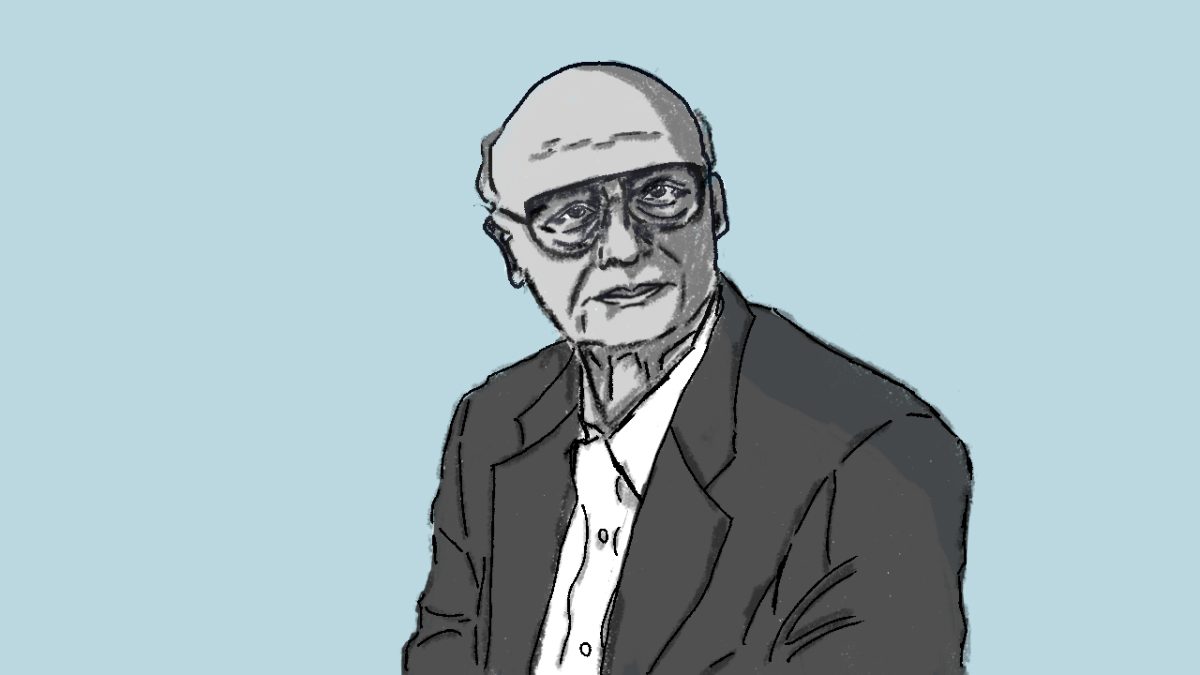Former Baruch College professor and winner of the Nobel Prize, Harry Markowitz, died on June 22 at age 95.
Markowitz was awarded the Nobel Memorial Prize in Economic Sciences in 1990 while teaching finance at Baruch. He was awarded for his research in portfolio theory and shared the prize with economists Merton Miller and William Sharpe.
Born and raised in Chicago, Markowitz received his bachelors in philosophy from the University of Chicago. He became interested in economics while reading a book by John Burr Williams about investments, leading him to pursue an M.A. and Ph.D. in economics, both of which he received from the University of Chicago.
Markowitz’s research and lifelong interest in portfolio theory started with his dissertation, titled “Portfolio Selection,” published in The Journal of Finance in 1952. He had focused on the diversification of portfolios, which was uncommon for the time when shares had been bought simply based on what company investors believed would have the highest return.
At the time, practically no mathematical formulas informed decisions on investments — until he came up with the Markowitz model, which helped investors to better anticipate the amount of return and risk from specific investments. This came to form the basis of what is now known as Modern Portfolio Theory.
In 1959, Markowitz extended his essay in the book “Portfolio Selection: Efficient Diversification of Investments.” Markowitz demonstrated the effectiveness of a diverse portfolio with advanced mathematics, which mainly involved having a mix of high-risk high-reward and low-risk lowreward investments, rather than simply choosing the best performing stock at the time.
Aside from Modern Portfolio Theory, Markowitz also researched the “sparse matrix,” a term he coined. Sparse matrices are used to save storage and represent matrices that contain mainly zeros. In 1962, Markowitz and his partner Bernard Hausner at the Rand Capital Corp. developed SIMSCRIPT, a programming language used to program computer simulations for complex systems.
Markowitz’s accomplishments had not gone unnoticed and he received multiple accolades apart from the Nobel prize. In 1989, the Operations Research Society of America awarded Markowitz the John von Neumann Theory Prize, and a decade later in 1999 he was named the “man of the century” by the newspaper Pensions and Investments.
Besides devoting his life to research in economics and finance, Markowitz was a dedicated professor who taught at institutions such as Rutgers University, the University of Pennsylvania and Baruch College. Before his retirement, he was a professor of finance at the University of California in San Diego.
Markowitz remains an influential person, especially in the world of finance, as Modern Portfolio Theory changed the way investors thought of stocks and is still widely used by industry professionals today.








